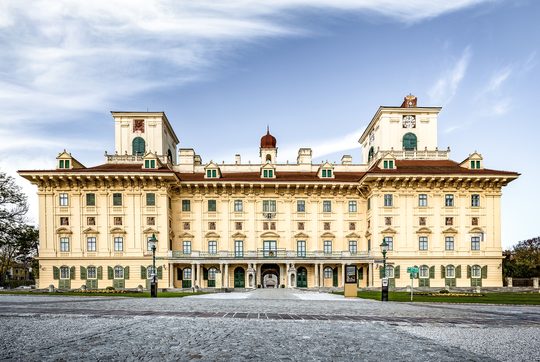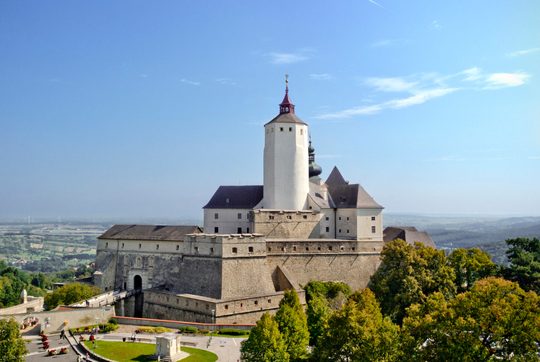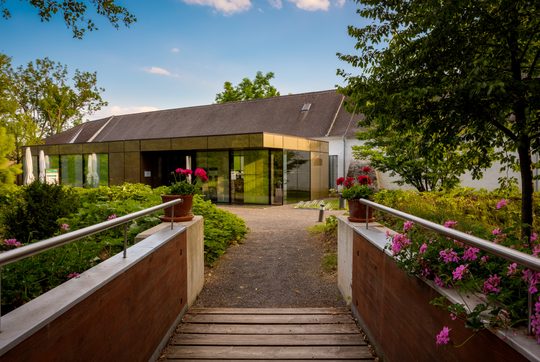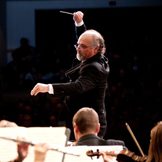Classical Music Festival
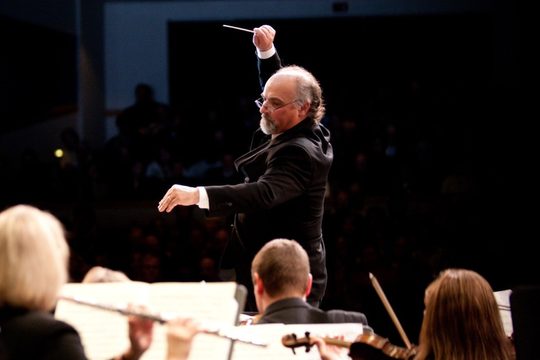
Richard Zielinski, Dirigent, Klassikfestival Eisenstadter Sommerakademie,
Chor und Orchester des Klassikfestivals
The popular summer matinees and evening concerts at Esterházy Palace in Eisenstadt offer the opportunity to experience the music of Joseph Haydn, the father of Viennese classical music, in the same surroundings where the great composer lived and worked at the Esterházy court for over four decades. Many of his works were premiered here, and the special atmosphere of this historic place still fascinates and moves music lovers from all over the world. This also applies to the participants in the annual Classical Music Festival. For the 50th year, nearly 200 musicians from all over the world come to Eisenstadt to rehearse and perform in this historic music city. Following a week of intensive rehearsals, the musicians, which are made up of professional musicians from all over the world, perform a Haydn mass at the Bergkirche and Stefansdom in addition to a matinee and evening performance at Esterházy Palace.
About the program:
Matinee Concert in the Esterházy Schloss, Haydnsaal
Klassikfestival Eisenstädter Sommerakademie, Chor und Orchester des Klassikfestivals
Friday, August 8, 2025, 11:00am
Hallelujah, from “Mount of Olives”, Ludwig van Beethoven
Violin Concerto No. 2, K. 211, D major, Wolfgang Amadeus Mozart
Xiaocheng Jia, soloist
Symphony No. 49, F minor, "La Passione", Joseph Haydn
Dona nobis pacem, “Harmoniemesse”, Joseph Haydn
Richard Zielinski, Conductor
Gala Concert in the Esterházy Schloss, Haydnsaal
Klassikfestival Eisenstädter Sommerakademie, Chor und Orchester des Klassikfestivals
Thursday, August 14, 2025, 7:30pm
Symphony No. 9, Ludwig van Beethoven
Nicole Van Every, soprano; Kimberly James, alto; Pawel Wolski, tenor; Todd Donovan, bass-baritone
Richard Zielinski, Conductor


